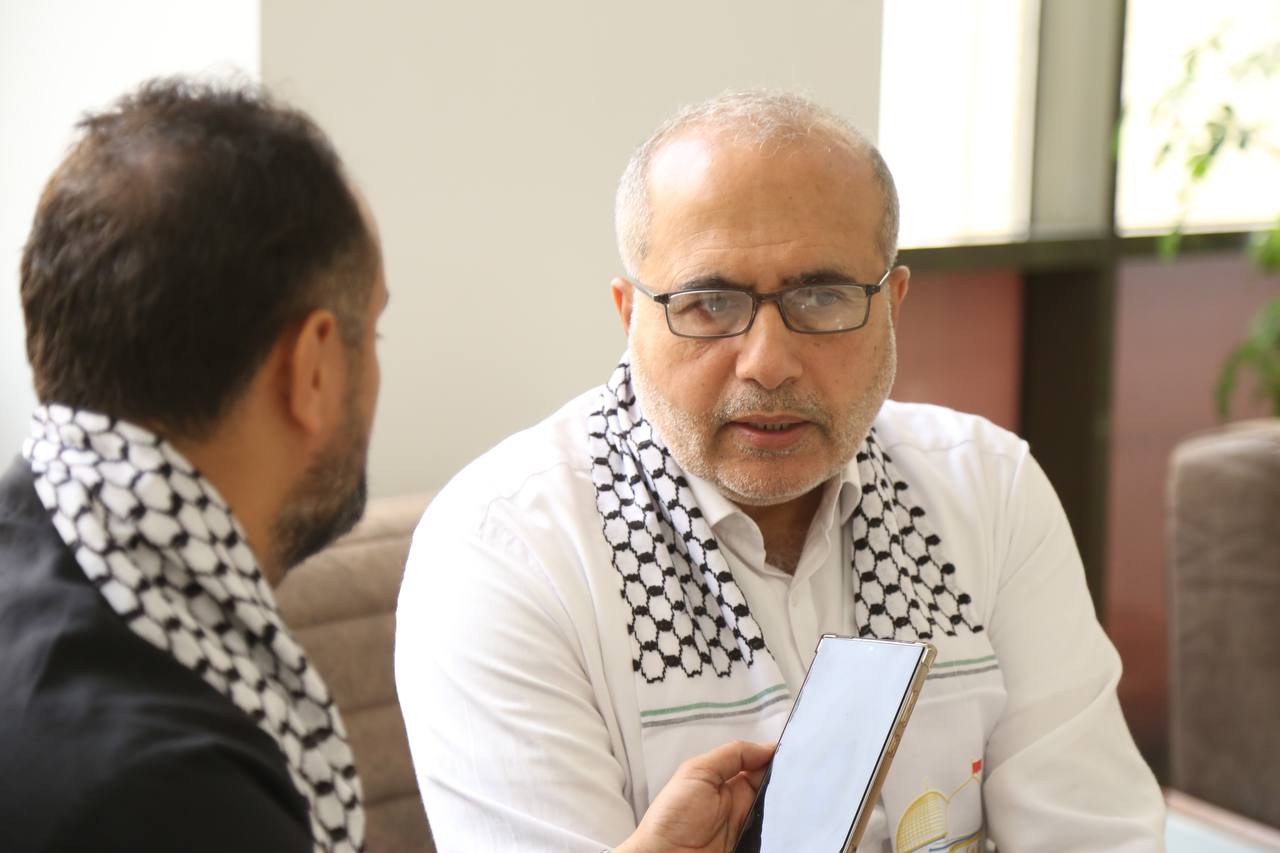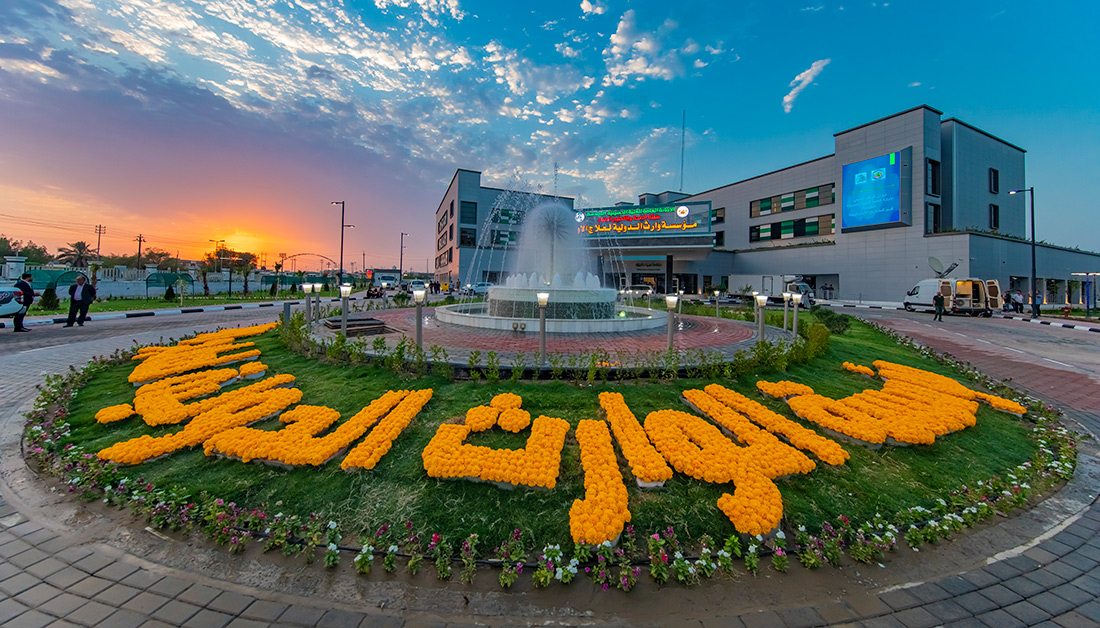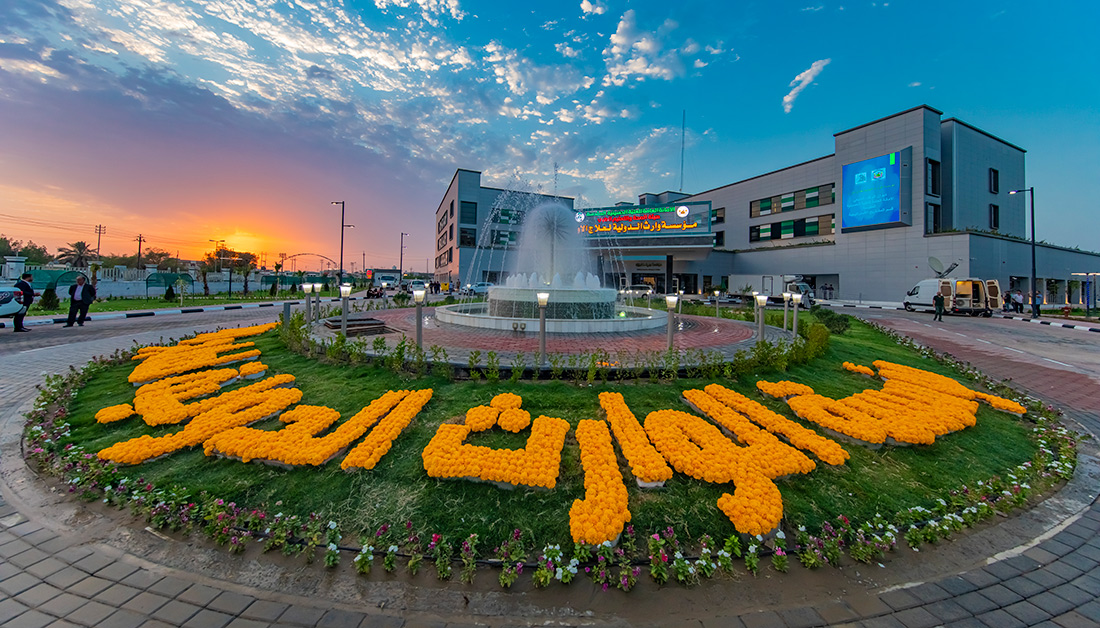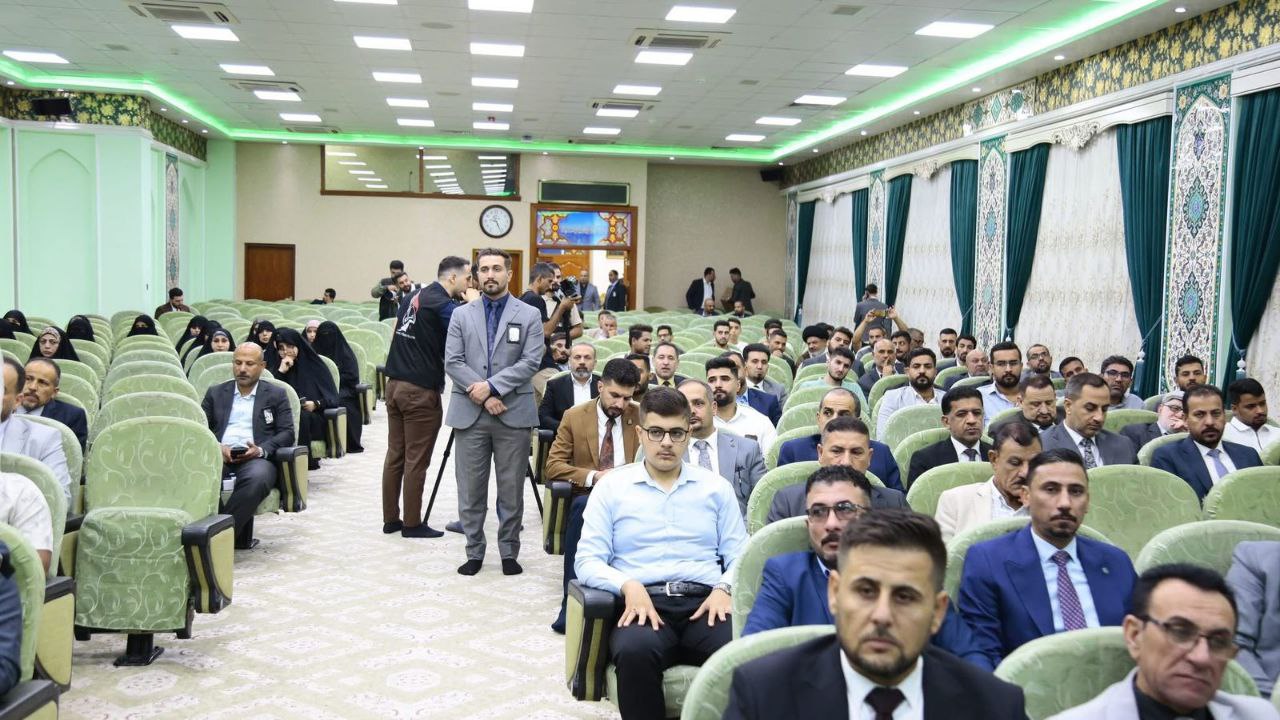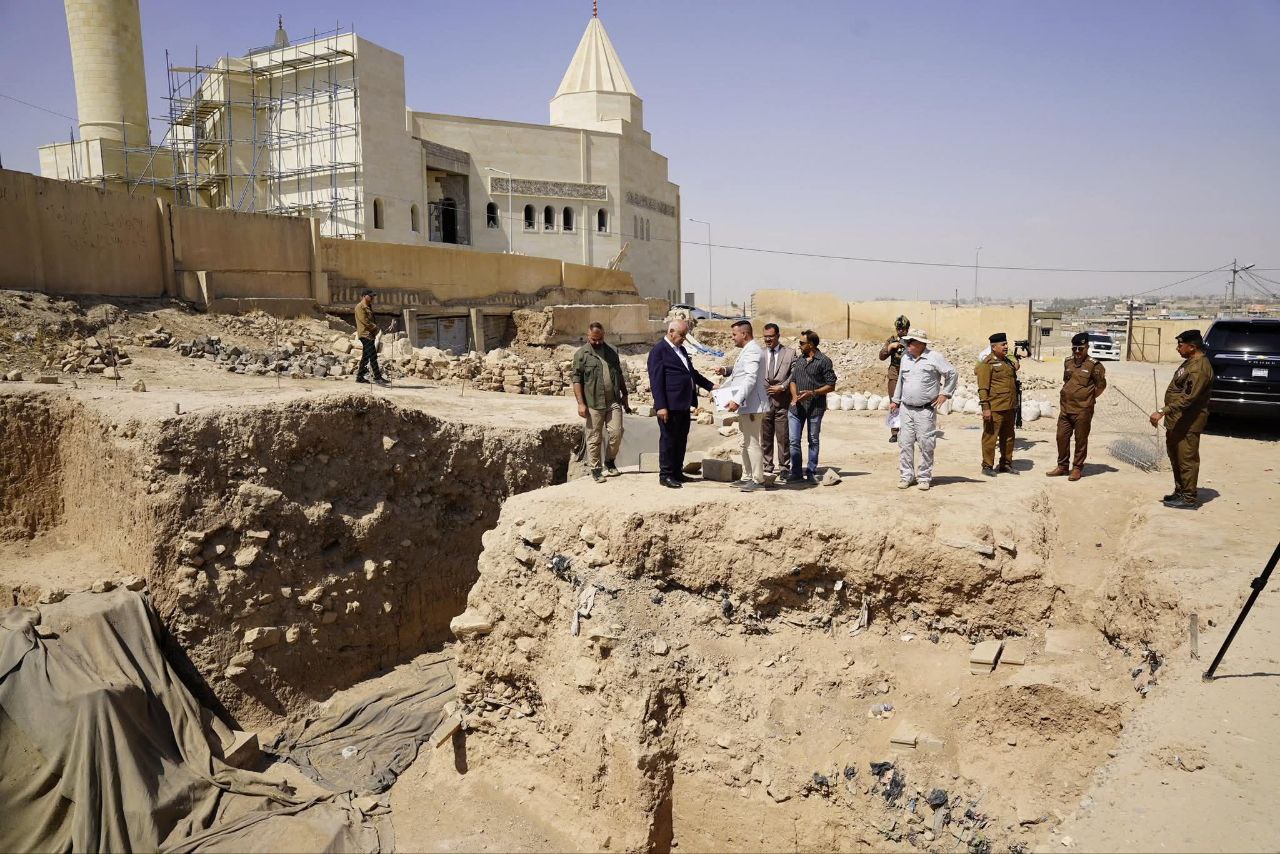Gaza official urges Arab and Islamic nations to fully support health services amid ongoing crisis
The healthcare system in Gaza is on the verge of total collapse, under siege and facing relentless bombardment. Hospitals have been reduced to skeletal facilities, struggling to function without basic resources.
In these catastrophic conditions, Karbala Now Agency spoke with Dr. Abdul-Latif Al-Hajj, Director of Hospitals and Healthcare in Gaza, who painted a dark picture of daily life in the besieged health sector, marked by destroyed infrastructure, severe shortages of medicine, and a breakdown in essential services.
Q: How would you describe the current condition of hospitals in Gaza in terms of capacity and services?
The situation is catastrophic in every sense. Over 90 percent of Gaza’s hospitals have been either fully or partially destroyed due to ongoing Israeli attacks. Key hospital departments have been burned or bombed, and medical personnel have been directly targeted. Hundreds have been killed or detained, with some reportedly dying under torture in detention centers.
Hospital capacity has dropped to less than a third of its pre-war level, placing immense pressure on the remaining facilities. More than 157,000 people have been wounded, including over 1,500 amputations. At least 11,000 cancer patients remain without follow-up care, many of whom have died due to the lack of referrals and closed crossings. Medical equipment has been devastated, and the availability of essential medicines and supplies has dropped by over 60 percent. Critical items such as imaging machines, surgical tools, and cardiac equipment are nearly nonexistent.
Q: What has been the role of international organizations and relief efforts?
Support is extremely limited due to the blockade and closure of borders. Organizations like the World Health Organization and the Red Cross are attempting to bring in aid, but it is far from sufficient. A few international NGOs are trying to establish field hospitals, but their capacity remains limited. The key to resolving this crisis is opening the crossings and allowing the aid, which has been waiting at the borders for months, to enter.
Q: How is the electricity and fuel crisis affecting healthcare delivery?
Every day is a crisis. Hospitals frequently report having just hours of fuel remaining. We are forced to distribute minimal quantities of fuel that keep departments operational for only a few days. Critical units like neonatal intensive care often shut down completely while awaiting the next shipment.
Q: Does the ministry have an emergency plan in place for a surge in casualties?
Yes, there is a multi-level emergency plan. During major escalations, all medical personnel are called in and regular schedules are suspended. During lower-intensity periods, staff are rotated in groups to maintain operations. Gaza’s medical workers have gained extensive experience from years of war and repeated crises.
Q: Is there coordination with other countries to evacuate critical patients or bring in medical personnel?
Yes, coordination is ongoing. Some Arab and foreign doctors have entered Gaza, including dual nationals. We especially recall the efforts of Iraqi doctor Taher, who called on Iraq to establish a permanent hospital in Gaza. We urge Arab and Islamic nations to adopt comprehensive healthcare responsibilities in Gaza, following examples such as Turkey’s Turkish Hospital and Indonesia’s consistent supply of medical aid. Shared responsibility among nations is a practical and necessary step to address the crisis.
Q: How can individuals abroad support Gaza’s health sector safely and effectively?
We encourage donors to contribute through trusted and recognized organizations to ensure aid reaches those in need. In some cases, only half of a $100 transfer reaches its destination due to fees and intermediaries. Transparency is critical.
Q: Is there a reliable system for delivering medical aid?
Yes. The Ministry of Health and licensed local NGOs in Gaza are authorized to receive and distribute medical aid. Infrastructure and equipment projects can also be carried out by local contractors with funding from abroad.
Q: What message would you send to the international community and health organizations?
We urge organizations to coordinate directly with Gaza’s medical teams before launching initiatives. External support must align with actual needs. Dialogue is essential to ensure priorities are met. We also call for long-term strategies to distribute healthcare responsibilities and reduce the burden on Gaza.
Final Message
Gaza’s health crisis is worsening every day. Innocent lives are being lost. The solution lies not only in sending medicine, but in opening the crossings and providing sustained support. Gaza does not need pity. It needs a responsible partnership from the international community before the last light in the emergency rooms goes out.
Interviewer: Emad Bao
